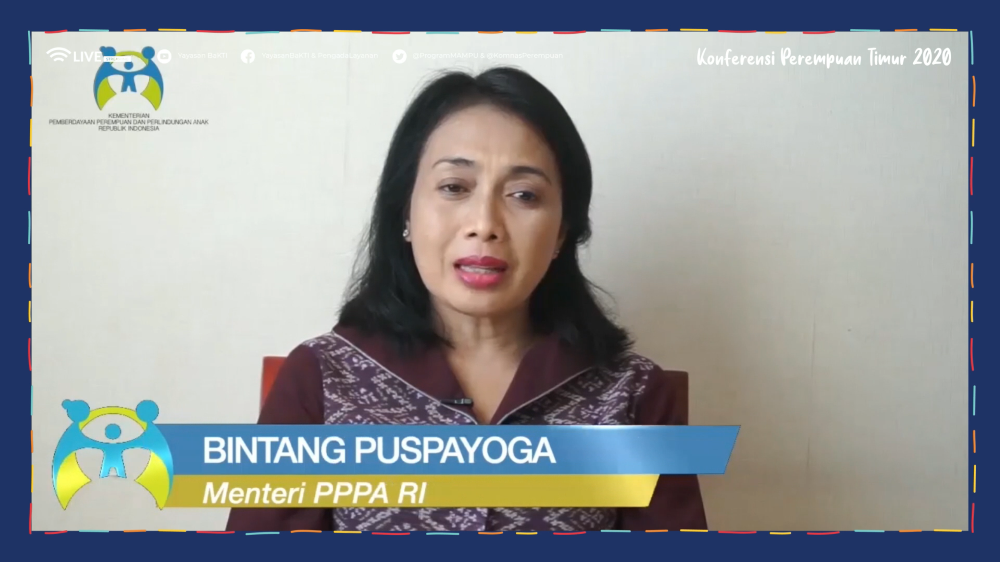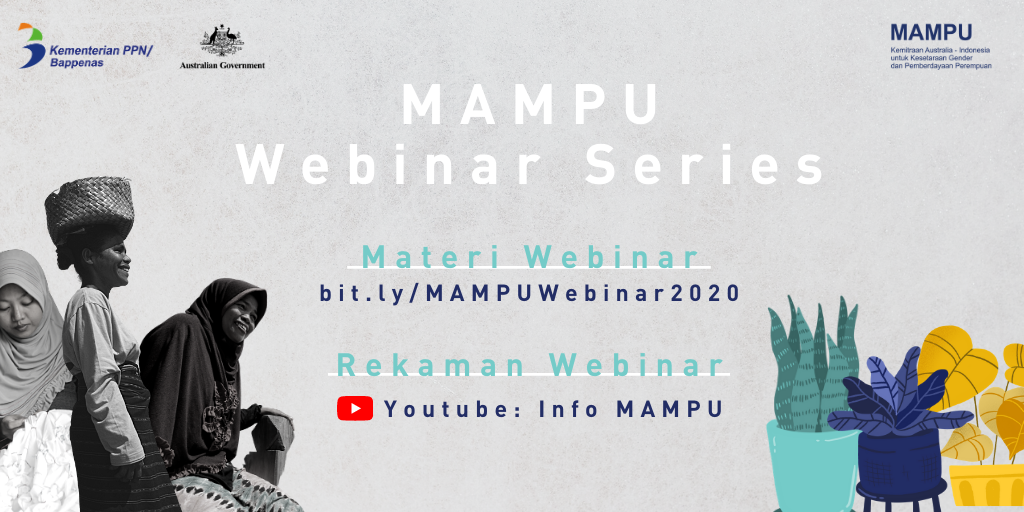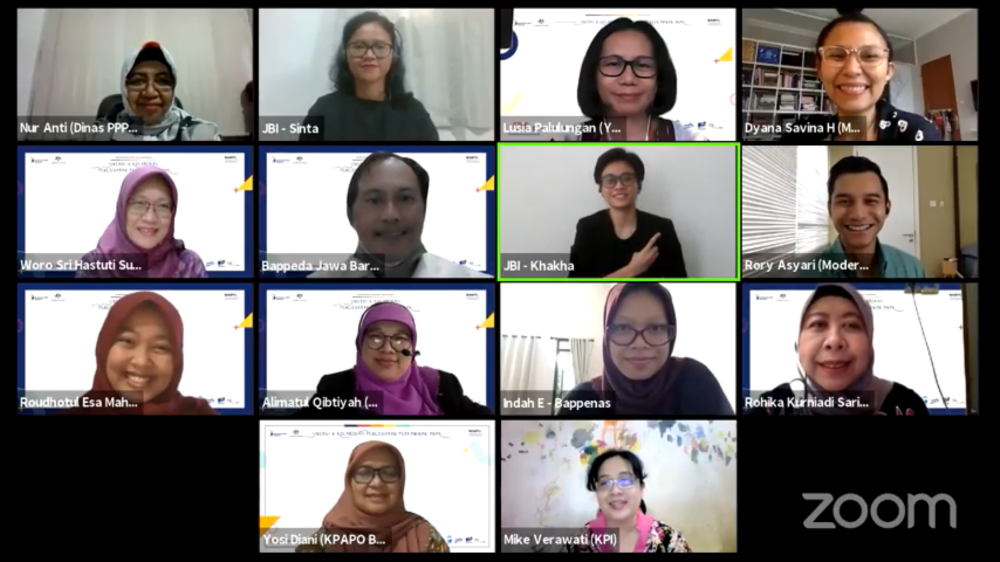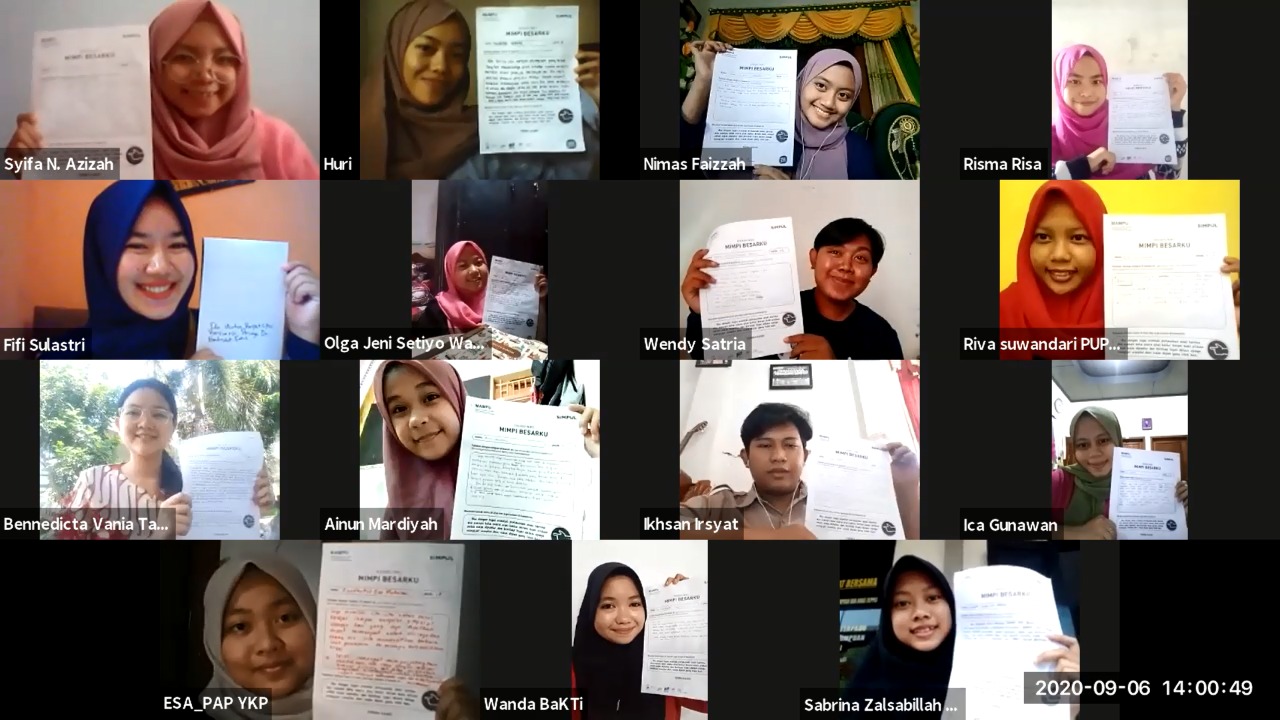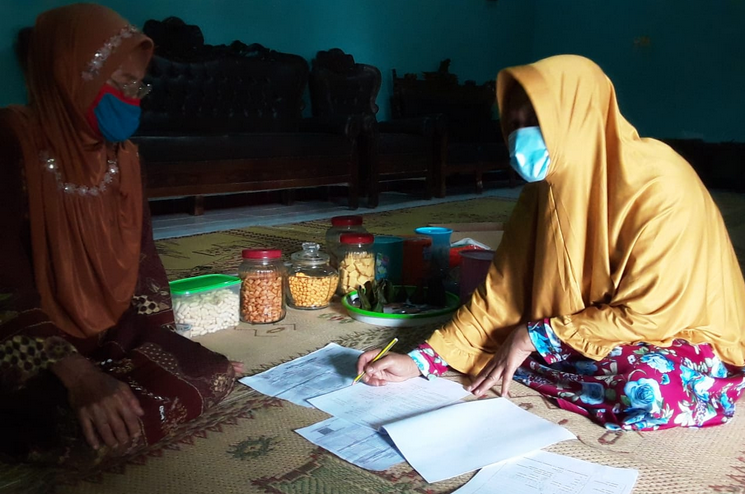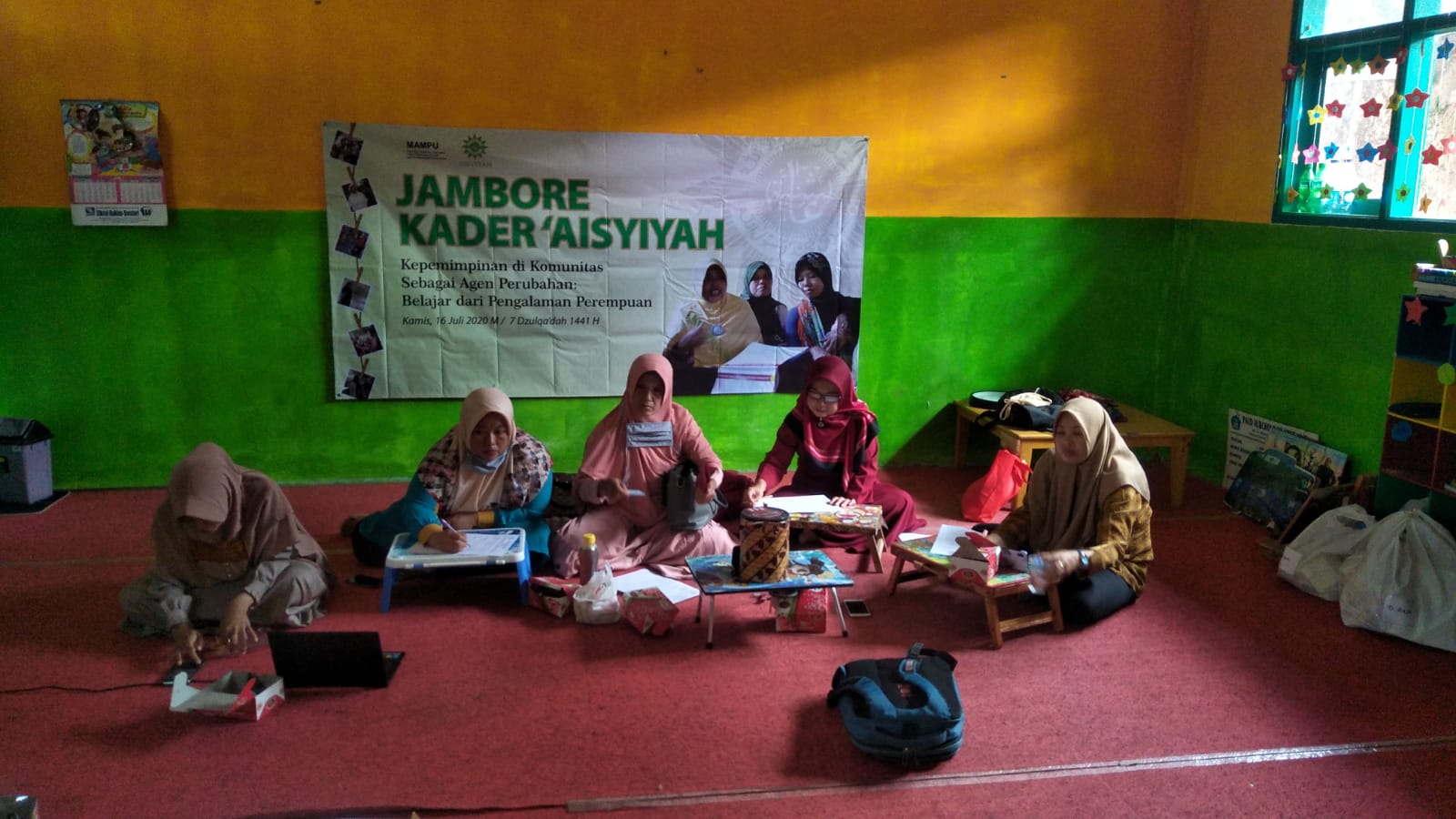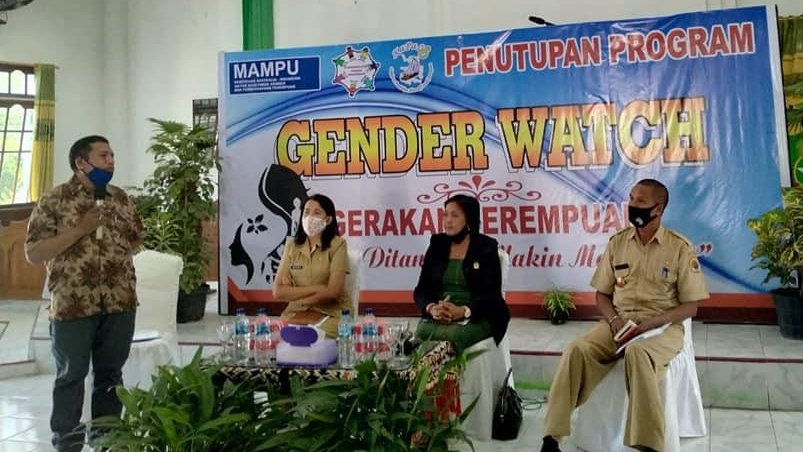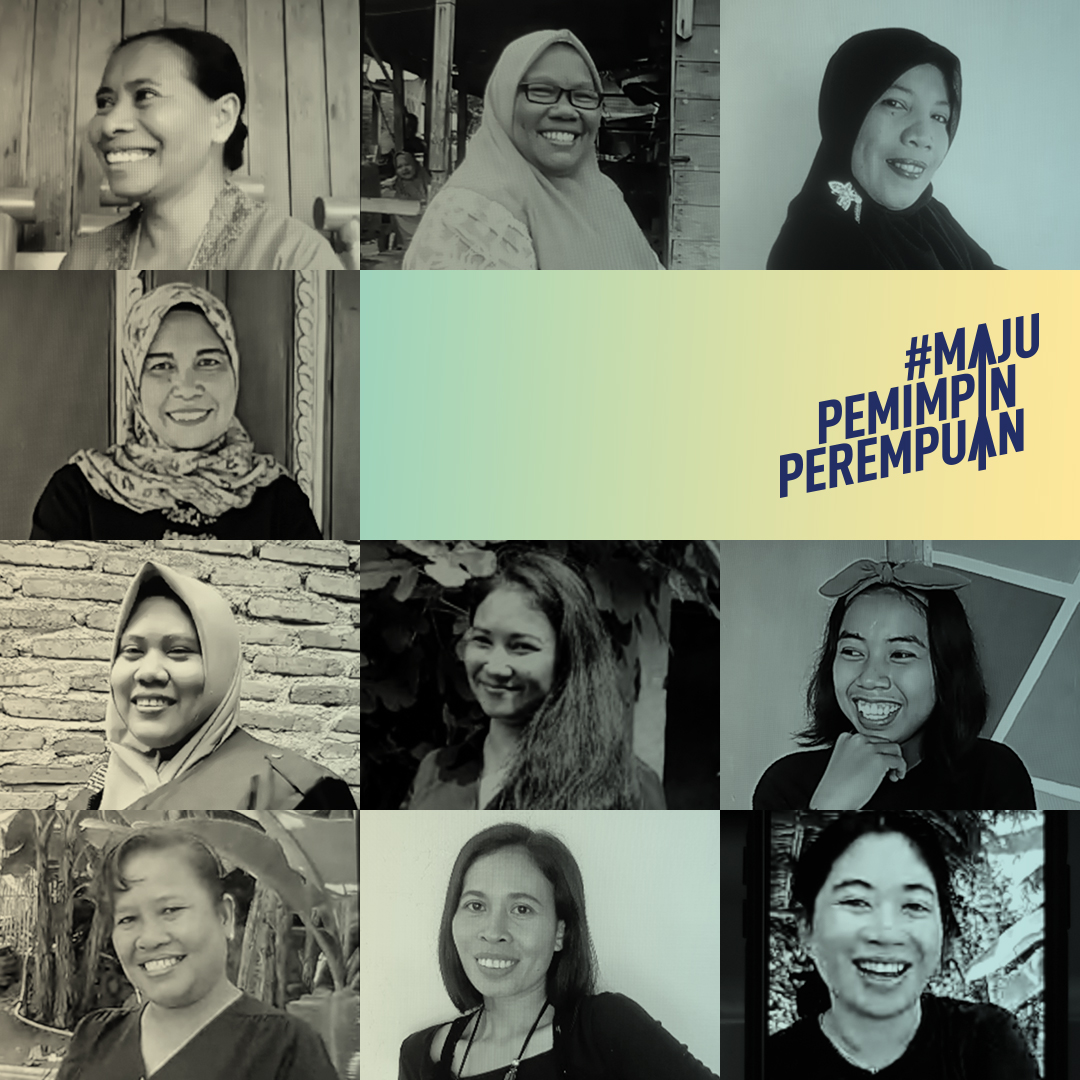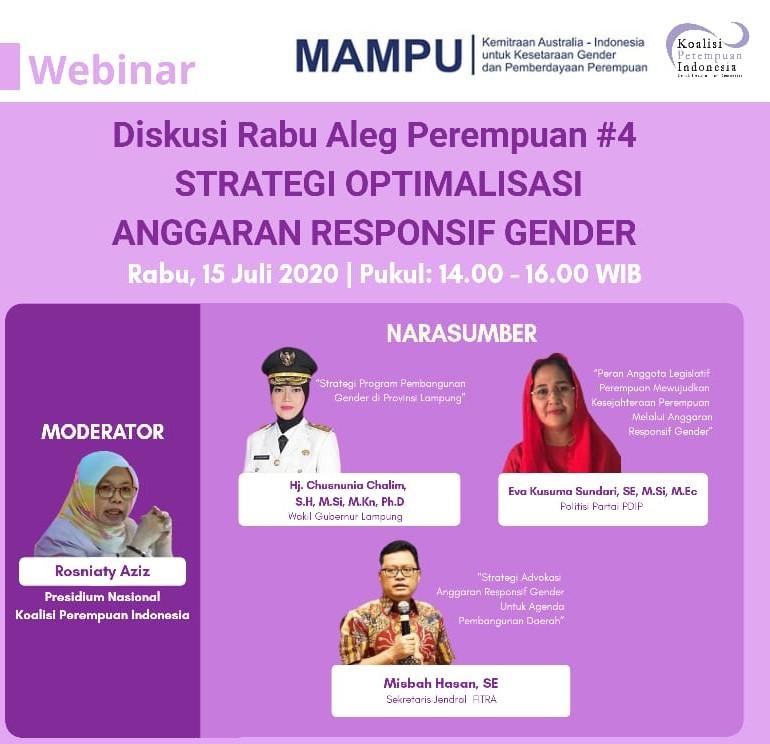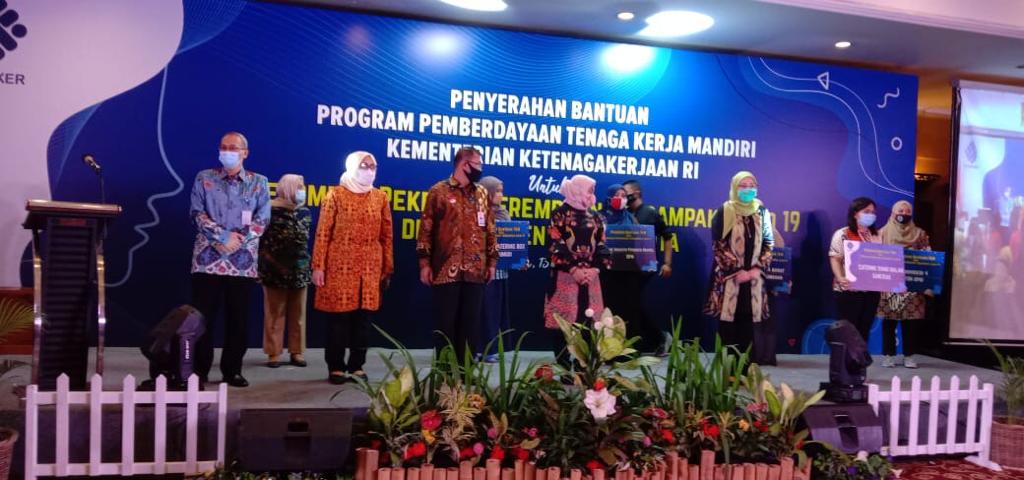Event
Feminist Participatory Action Research (FPAR) Activities
29 December 2017Author: admin
Feminist Participatory Action Research (FPAR) is a research program focused on the fulfillment of women’s rights by processing and analysing the experience and knowledge of women and participation of women as agents of change. The term FPAR was introduced by the workshop participants in Chiang May, Thailand in 2009.
In practice, FPAR involving groups and the community. Community involvement is very important in order to formulate a joint action in the fulfillment of women’s rights. Therefore, the approach to victims should be family-like.
Endang Cici Widayati, or Cici, mentioned that in advocating victims of sexual and domestic violence, the victim should be regarded as a partner or friend. Thus, their efforts should not with official approach. To build relation with victims, one of the ways is through group or community of survivors. Anyone can join and do activities together.
Nunuk, one member of Sekartaji group, making her house as a shelter for women to deliver their complaints. Nunuk gladly accommodate complaints and help to find a solution for them. If the problem cannot be solved by her own, she will ask for help and report to KJHAM.
Cici initiated Sekartaji group in 2012. This group consists of the survivors and victims that sharing and supporting action against violence on women. Sekartaji group activities are related to economic empowerment, supporting partner in the court process, provide support and engage in dialogue with the city government related to local government regulation (PERDA) about sexual violence and reproductive health.
Sekartaji group that is part of the FPAR activities, have a routine activity, such as a picnic, making crafts, waste recycling process and discussion. This group meeting, that is supported by KJHAM and MAMPU program, is often used for regular discussion.
Cici said that the community-based approach is more effective than a shelter. With this approach, the survivors and victims can freely share the problem with comfort and it will be easy to raise issues to the surface to find a solution.
“Exploring problem through picnic and make a joint activity with a discussion, giving the feel of familiarity of our own,” said Cici.




